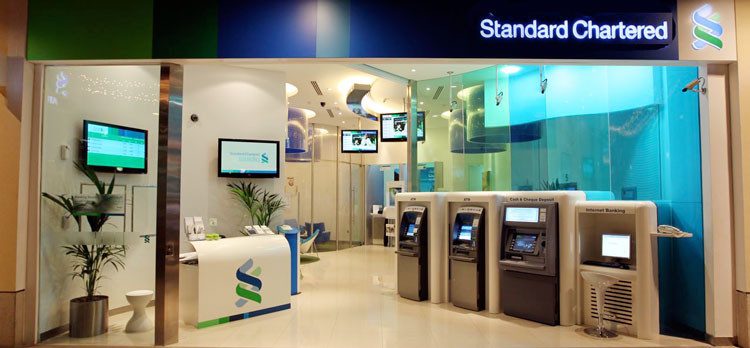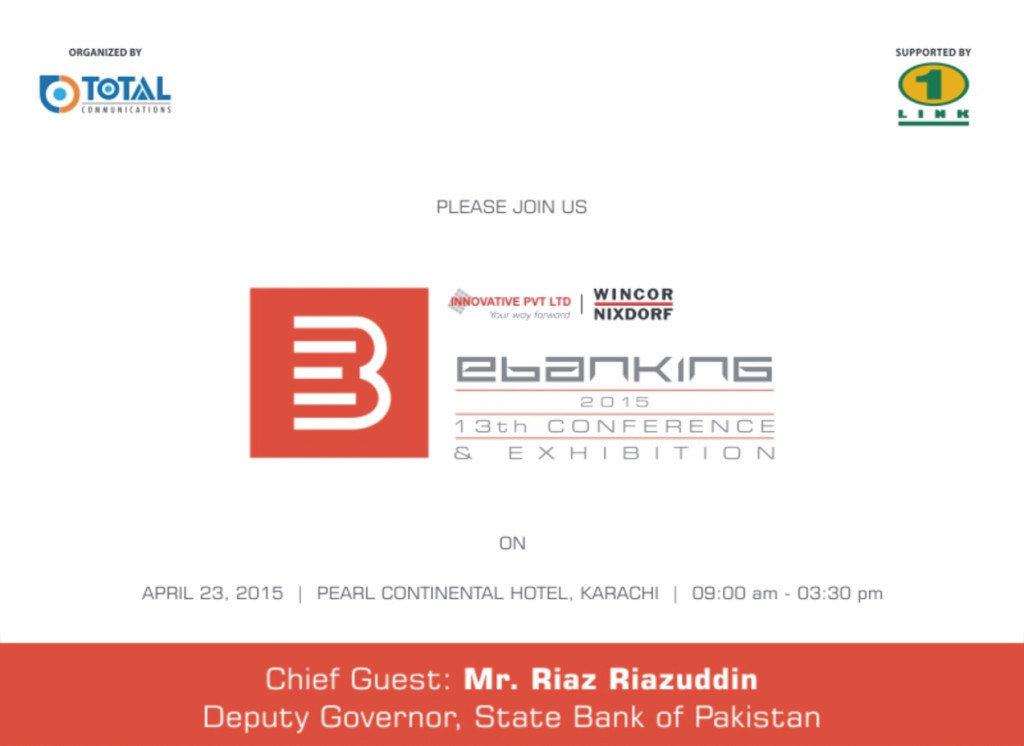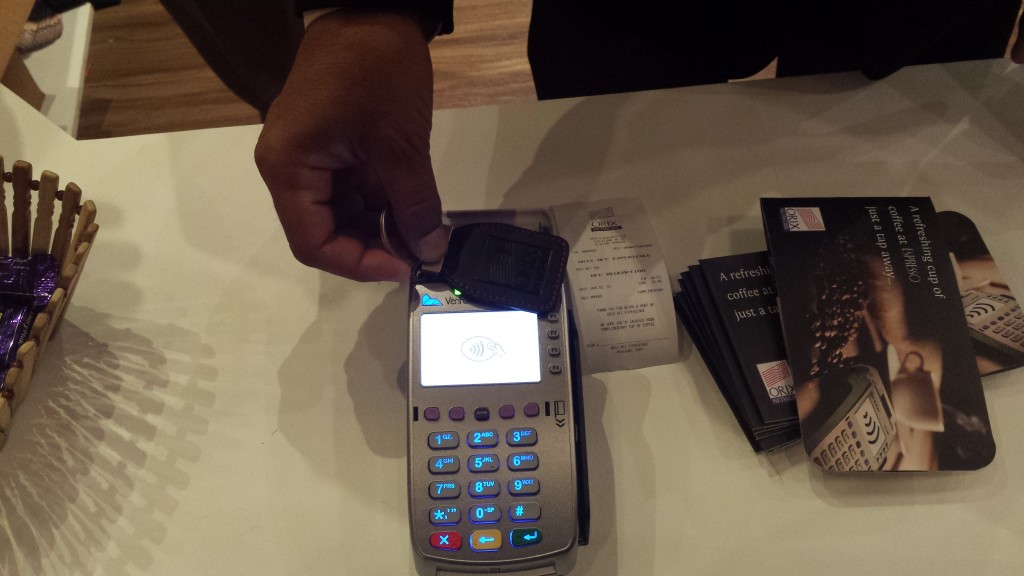Standard Chartered has its roots vested in London. However it makes most of its revenue from Asia which is not surprising because Standard Chartered Bank is one of Pakistan’s top banks and is widely praised on its customer service.
Latest word says that SCB is aiming to increase its operating profits twofold in Pakistan within the next 5 years as the nation’s economy grows and so does the demand for loans. According to Mr. Shahzad Dada, CEO of SCB Pakistan Ltd, The bank is targeting an advance to deposit ratio of at least 45 percent in 12 months from 35 percent in the first quarter. The industry as a whole will see the same trend, he said, with ratios rising to as much as 70 percent in three years from 46 percent in 2015.
“The economy has opened up” and there is demand from private-sector borrowers, Dada said in an interview in Karachi, the commercial capital. “Putting money to work is the easy part. It’s finding the right quality, right sponsors, right business ideas.”
Pakistan’s Prime Minister Nawaz Sharif is seeking to boost economic growth to its fastest pace in more than a decade after achieving stability through an International Monetary Fund loan program that averted an external payments crisis in 2013.
Suspicious Money:
South Asia’s second-largest economy may prove to be a bright spot for Standard Chartered, which posted its first annual loss in more than a quarter of a century last year and is seeking to restructure or jettison about $100 billion of assets. The company declared $1.34 billion of impairment losses on loans in neighboring India last year, a legacy of its now-abandoned policy of rapidly expanding in emerging markets.
In Pakistan, finding quality assets and exercising discipline in extending credit will be key to driving the business, Dada said. His unit’s operating profit climbed to 15.4 billion rupees ($147 million) last year, almost triple the amount in 2010, data compiled by Bloomberg show.
For Pakistan, the risks for banking are associated with “suspicious money” being put through lenders for illicit purposes such as terrorism financing, corruption and human trafficking, Dada said. The country placed in the lower half of Transparency International’s 2015 Corruption Perceptions Index with a ranking of 117th out of 168 countries tracked by the organization.
Standard Chartered had boosted its scrutiny of money flows, Dada said. The unit he oversees has more than doubled financial-crime compliance staff to 57 this year from 23 in early 2015, he said.
Lower Rates:
The London-based lender has been enhancing controls on money laundering, bribery and other offences and has been operating under deferred prosecution agreements with U.S. authorities since 2012, when it settled cases related to money-laundering failures and breaches of U.S. sanctions against Iran.
The bank’s Pakistan shares have fallen 15 percent this year, compared with the benchmark index’s 9.5 percent gain. Standard Chartered’s stock in London lost 3 percent in that time.
Pakistan’s private sector is being tempted to borrow after the country cut its discount rate by the most in Asia last year, and by 375 basis points in the past two years, after the drop in oil prices. The nation’s central bank unexpectedly cut its benchmark interest rate to 5.75 percent this month before the government presented its budget for the new financial year last week. Pakistan’s consumer confidence level rose to the highest level in eight years in the March quarter, according to New York-based Nielsen, which tracks the data.
Outstanding private-sector loans in Pakistan climbed about 9 percent to $35.4 billion as of April from a year earlier, central bank data show.
“The rise in loans tell you the economy is picking up steam and banks mean real business after heavily investing in government securities for years,” said Yawar uz Zaman, head of research at Karachi-based Shajar Capital Pakistan Pvt.



